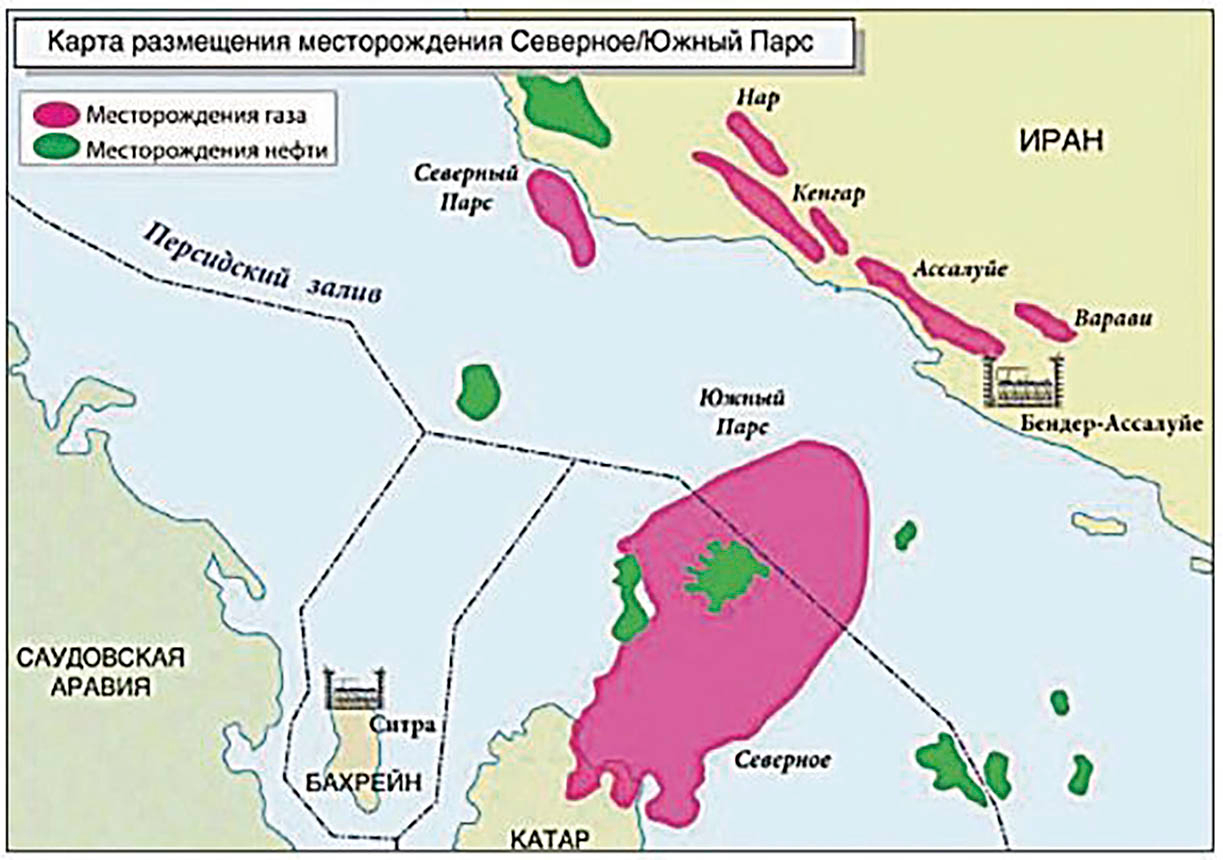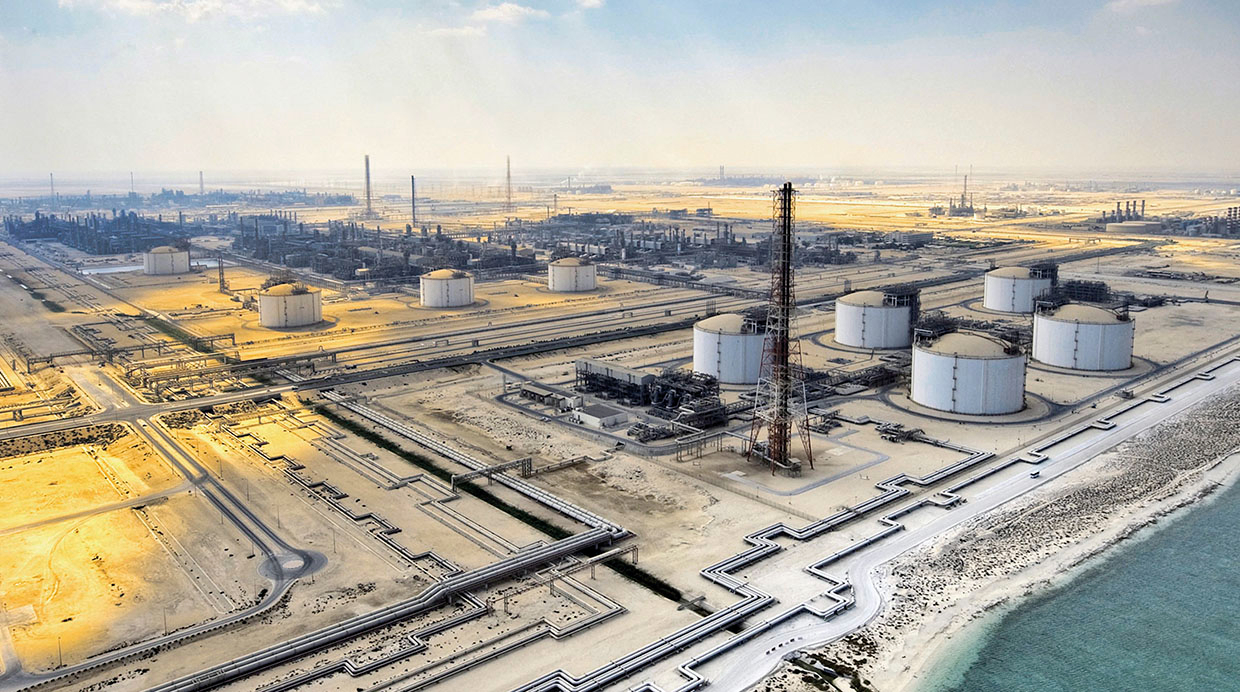This is the name of one of the richest countries in the world — Qatar. Until the middle of the last century, its inhabitants were engaged in pearl diving and fishing. The discovery of oil and gas fields allowed the "country of sands" to raise living standards and become one of the top ten leaders in GDP per capita. Our conversation with Vitaly Romanovsky, analyst at the Belarusian Institute of Strategic Research, is about specifics and options of cooperation between Belarus and Qatar.
— Vitaly, what position does Qatar hold in economic policy?
— Qatar, like other countries of the Persian Gulf — we are talking about very rich monarchies, adheres to a balancing strategy, gives priority to economic complementarity in interstate relations. Today, a new global trend is relevant — the formation of techno-economic blocks, clusters. Such groups of countries interact with each other through various types and scale of cooperative solutions. Accordingly, new standards are being formed within the blocks, and they are accompanied by political agreements. That is, even competitors turn out to be closely bound to each other, such as, for example, Boeing and Airbus: the production facilities of one work on the manufacture of components for the models of the other. A similar interaction exists between the countries of the Middle East. Even in the conditions of interstate contradictions — sometimes due to personal misunderstandings between members of the ruling families - communication channels remain active.
One more important point should be taken into account: now the Gulf countries exporting energy resources are striving to monetize every molecule of hydrocarbons as much as possible. Qatar intends to become not only a regional, but also a world leader in the field of petrochemicals. If earlier the emphasis was on upstream, today the Qataris are interested in the development of the downstream sector, especially in the export of petrochemical products.
— It is obvious that the earned capital can be invested in the development of the petrochemical industry. Tell us about the Ras Laffan industrial zone and the major projects currently being implemented there.
— Ras Laffan Industrial City, which occupies 295 square kilometers, is not only an industrial city. This is a hub within which a separate cluster related to petrochemicals is being formed. It serves gas and oil production at the North field. There are the main terminals, processing facilities, port, in particular the ORYX GTL and Pearl GTL plants, Qatargas and RasGas, Dolphin Gas, refineries and integrated hydroelectric power plants. The area of Ras Laffan port is about 4.5 thousand hectares. It has the largest artificial harbor in the world. By the way, Ras Laffan is wholly owned by Qatar Energy, which was called Qatar Petroleum until October 2021. Of course, the "country of sands" intends to become the world leader in gas liquefaction, overtaking Australia.

North/South Pars is a supergiant oil and gas field, the largest in the world. It is located in the central part of the Persian Gulf in the territorial waters of Qatar (North) and Iran (South Pars). The Northern and Southern Pars are separated by a tectonic fault and are considered independent deposits of different ages.
In January this year, Qatar Energy announced the final investment decision, in association with Chevron Phillips Chemical Company LLC (CPChem), — the construction of the Ras Laffan Petrochemicals complex for olefins and polyethylene production, worth USD 6 billion. In addition, Qatar Energy announced the conclusion of an EPC contract for the construction of an ethylene production palnt. The project is planned to be implemented together with the SCJV enterprise of Samsung Engineering Company (South Korea) and CTCI (Taiwan).
The Ras Laffan Petrochemicals complex, which is expected to be launched in 2026, includes an ethane cracking unit with annual capacity of 2.1 million tons of ethylene, as well as two polyethylene production lines with joined capacity of 1.7 million tons of polymer products made of high-density polyethylene (HDPE) per year. This increases Qatar's total petrochemical production capacity to almost 14 million tons per year. The complex promises to become the largest in the Middle East and one of the largest in the world.
In the fall of 2022, Qatar Energy and Chevron Phillips Chemical signed an agreement to build a polymer plant on the Gulf coast in Texas. The project value is USD 8.5 billion. In 2026, construction of an ethylene cracking plant with annual capacity of 2.08 million tons, and two plants for the production of high-density polyethylene with a volume of 2 million tons per year will begin.
It turns out that Qatar is actively diversifying its investment assets both in the country and abroad. At the same time, the Qatari company (QAPCO) Q.P.J.S.C. has already been recognized as one of the largest producers of low-density polyethylene. Such investments are fully justified, because according to experts' forecasts, the world trade in LDPE will grow by more than 3% in the next five years. In the next ten years, the growth of the petrochemical industry as a whole will be 6% per year.

-Is it possible to count on strengthening cooperation between our countries in the field of investments, for example, for the petrochemical complex?
— Belarus is striving to expand cooperation with Qatar in various areas. For example, this state aims to diversify the sources of food supplies and related technologies. Taking into account our competencies, bilateral cooperation in solving Qatar's strategic task of ensuring its food security seems promising.
The Belarusian engineering potential has long attracted the attention of Middle Eastern partners. The exchange of experience and joint projects with representatives of the Qatari petrochemical sector are important areas of cooperation with Doha in the energy and scientific and technological spheres. For Qatar, increasing the level of technical training of its specialists is a strategic priority. Belarus, in turn, has a modern educational base for training technical personnel, including in petrochemistry area. This could become another platform for Belarusian-Qatari cooperation. In general, Belarus is ready for mutually beneficial and pragmatic cooperation with Qatar. Today there are all possibilities for this.
The article was prepared for the "Vestnik of Belneftekhim" Journal


